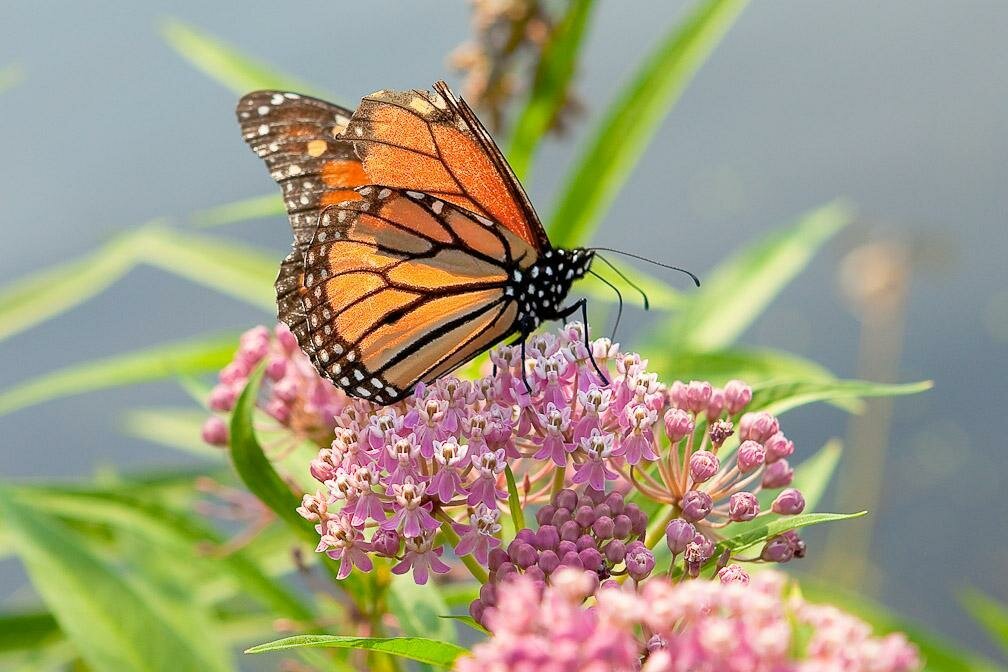
Gourmet experts, craftsmen, and instructors over the metro territory are observing National Pollinators Week. The reason for existing is to feature the significant commitment those creepy crawlies and creatures make to our sustenance, developing plants, and securing the earth.
“Not only honey bees but native pollinators that are in danger that really bring a lot of food to our table, which really resonates with me as a chef,” said Chris Starkus, executive chef at Urban Farmer in Denver. “Every two to three bites of food that you have on your plate comes from bees and pollinators.”
Starkus isn’t just a gourmet expert yet in addition a honey bee rancher who has hives on the top of the structure alongside his café. He acquires the nectar they produce into his kitchen and utilizations the fixing in their cooking all year. This week they have claim to fame beverages and dishes to respect the occasion. They likewise have an extraordinary supper gotten ready for the end of the week fusing nectar.
“We’ve got butterflies, bees, moths, different hummingbirds and a whole host of wildflowers,” said Bobby MaGee Lopez.
Lopez is a muralist making a changeless notice of the commitments pollinators make on the dividers over a back street beside Urban Farmer and The Oxford Hotel. The painting will be finished on Saturday.
National Pollinator Week was made over 10 years prior by the endorsement of the U.S. Senate. It is intended to be an approach to address the declining pollinator populaces. Honey bees, winged animals, butterflies, bats, and scarabs all assistance the environment. The occasion was started by Pollinator Partnership.
The Environmental Design division at CU Boulder is likewise taking an interest in the week long occasion. Understudies are introducing natural surroundings at nearby parking areas. Their attention is on local honey bees, not bumble bees, which help parks, horticulture, plant enclosures, and springs get by in a biological system. However, these honey bees are likewise observing their numbers decline. Understudies are trying speculations to figure out which plants will best draw in local honey bees. The objective is to build up a developed green foundation for others to pursue.
“There are a lot of agricultural lands that are going and being part of development,” Starkus said of the decrease in pollinator numbers.
He says planting seeds for pollinators and sparing area for the creatures are required. It is a piece of why he reaps nectar through the café. Staff additionally give out seeds for wildflowers to their visitors.
“It’s a natural bee keeping process,” Starkus said. “It creates awareness by people asking about what we’re doing up there and why we’re a part of it.”
Lopez has family who work for Urban Farmer in another city and was roused by the work they were doing in the eatery. The solicitation to make a wall painting in Denver addressed him as another open door for Artivisim. A bit of workmanship that additionally fills in as a type of activism.
“We really wanted to show how that would be something that people would be interested in, in the area, in a way that was more visual,” Lopez said. “I started to realize the art that I had been making had on communities.”